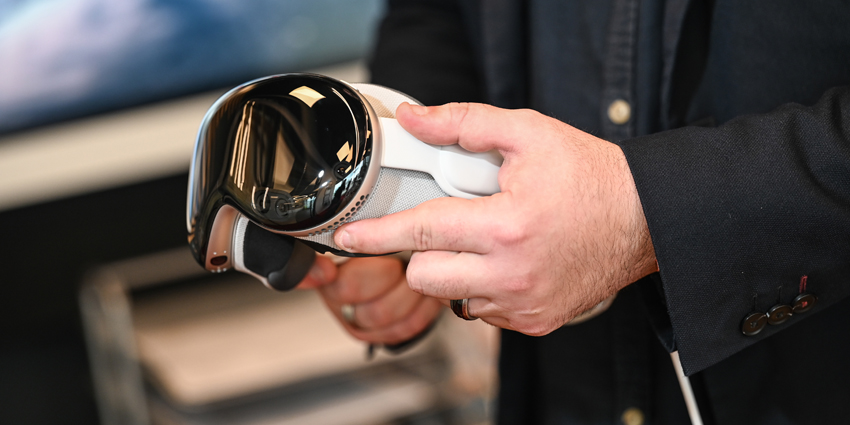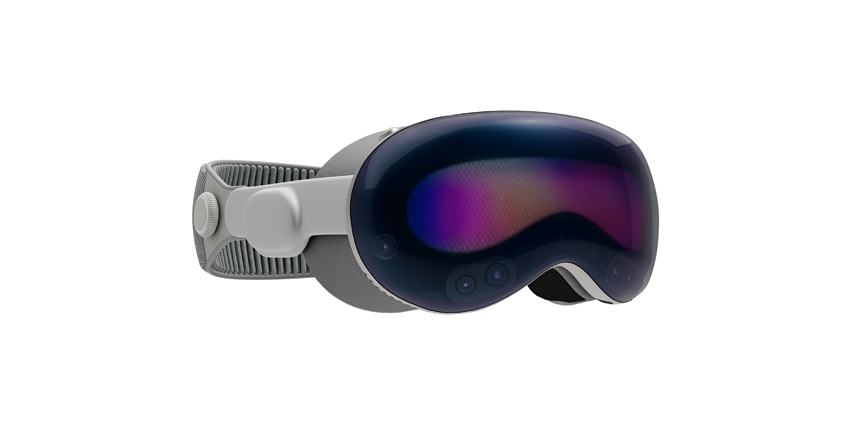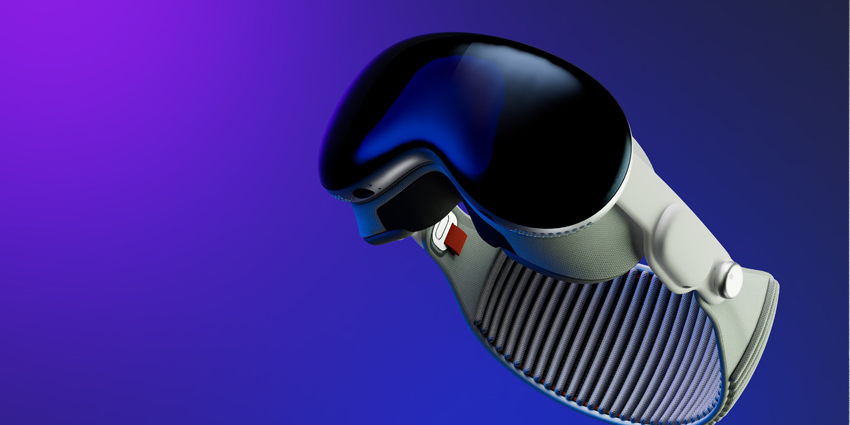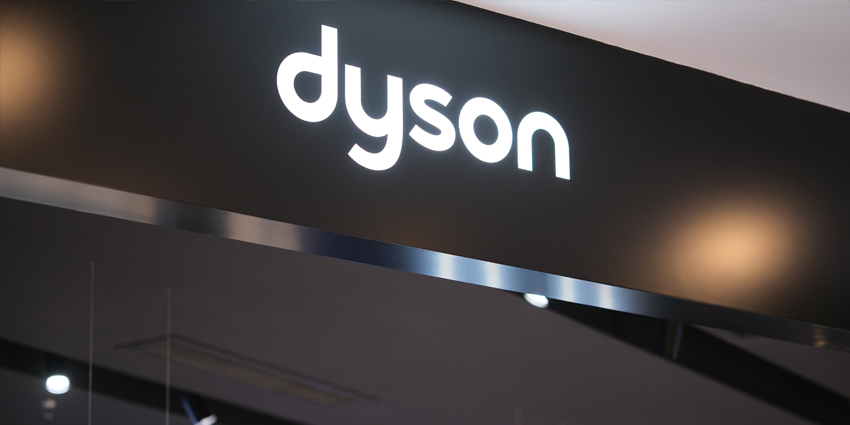Chinese augmented reality (AR) startup Nreal has unveiled plans to become a publicly-traded business within the next five years, according to a recent interview.
In an interview with CNBC, Chi Xu, Nreal Founder and CEO, claimed his firm would enter public trading in “less than 5 years.”
Despite the hardship, Xu remains positive and sees a bright future for the start-up, stating,
“We see a lot of good opportunities and, definitely, we’re thinking the market size is going to be massive. And we have this opportunity and we want to take this to the final end”
The developments come after Nreal successfully secured $15 million in funding after impressing attendees at the 2019 Consumer Electronics Show (CES) in Las Vegas.
Nreal, known for its range of Light AR smartglasses and Nebula user interface software, was later slapped with several lawsuit lawsuits, which delayed the firm’s expansion to North America.
Western Expansion after Three Years of Legal Battles
Nreal has faced the ongoing legal battle with Unreal Engine creator Epic Games, a US software developer moving towards VR.
In 2018, Epic Games claimed the trademarks ‘Nreal’ and ‘Unreal’ were visually similar and could create confusion as both parties work with the same technology partners.
Nreal filed a countersuit against the competitor, which requested Epic to pay its court fees.
But Nreal’s western expansion continues despite the filings, XR Today reported, and Nreal Light Development Kits (NLDK) will be shipped to global customers who have pre-booked the product.
Nreal’s development kit rollout, legal battle, and predicted public trading debut in 2025 appear to signal the long-awaited US debut of the company’s AR smartglasses technology, namely as the Beijing-based firm hopes to gain a greater share of the consumer-grade AR market amid tough competition.
The Chinese firm’s debut comes as US tech giant Microsoft aims to release a consumer-grade Hololens 3 by 2024 that will include further accesibility features.
Similarly, US social media developer Snap is also designing consumer-grade AR spectacles and developers have already begun using Snap’s hardware to it’s full potential.
Snap’s latest Spectacles have utilised a visual-inertial odometry (VIO) function, allowing for users moving at higher speeds to interact with real-time 3D content.







